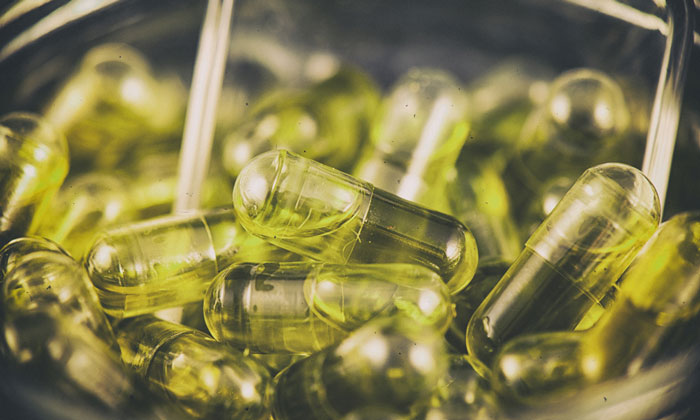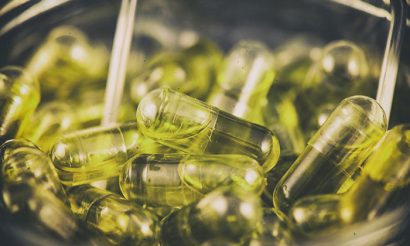Cannabis-based medicine may cut number of epilepsy seizures by half
Posted: 21 April 2017 | | No comments yet
Taking cannabidiol may cut seizures in half for some children and adults with Lennox-Gastaut syndrome (LGS), a severe form of epilepsy…


Taking cannabidiol may cut seizures in half for some children and adults with Lennox-Gastaut syndrome (LGS), a severe form of epilepsy, according to new information released today from a large scale controlled clinical study.


Nearly 40% of people with LGS, which starts in childhood, had at least a 50% reduction in drop seizures when taking a liquid form of cannabidiol compared to 15% taking a placebo.
When someone has a drop seizure, their muscle tone changes which causes them to collapse. Children and adults with LGS have multiple kinds of seizures, including drop seizures and tonic-clonic seizures, which involve loss of consciousness and full-body convulsions. The seizures are hard to control and usually do not respond well to medications. Intellectual development is usually impaired in people with LGS.
Although the drop seizures of LGS are often very brief, they frequently lead to injury and trips to the hospital emergency room, so any reduction in drop seizure frequency is a benefit.
“Our study found that cannabidiol shows great promise in that it may reduce seizures that are otherwise difficult to control,” said Anup Patel, MD, of Nationwide Children’s Hospital and The Ohio State University College of Medicine.
Study specifics
For the randomised, double-blind, placebo-controlled study, researchers followed 225 people with an average age of 16, for 14 weeks. The participants had an average of 85 drop seizures per month, had already tried an average of six epilepsy drugs that did not work for them and were taking an average of three epilepsy drugs during the study.
Participants were given either a higher dose of 20 mg/kg daily cannabidiol, a lower dose of 10 mg/kg daily cannabidiol or placebo as an add-on to their current medications for 14 weeks.
Cannabidiol vs placebo
Those taking the higher dose had a 42% reduction in drop seizures overall, and for 40%, their seizures were reduced by half or more.
Those taking the lower dose had a 37% reduction in drop seizures overall, and for 36%, seizures were reduced by half or more.
Those taking the placebo had a 17% reduction in drop seizures, and for 15%, seizures were reduced by half or more.
There were side effects for 94% of those taking the higher dose, 84% of those taking the lower dose and 72% of those taking placebo, but most side effects were reported as mild to moderate. The two most common were decreased appetite and sleepiness.
Those receiving cannabidiol were up to 2.6 times more likely to say their overall condition had improved than those receiving the placebo, with up to 66 percent reporting improvement compared to 44 percent of those receiving the placebo.
“Our results suggest that cannabidiol may be effective in treating drop seizures,” said Patel. “This is important because Lennox-Gastaut syndrome is incredibly difficult to treat.”
Pipelines
There is currently a plan to submit a New Drug Application to the FDA later this year.
The study was supported by GW Pharmaceuticals, developer of cannabidiol. In the United States, GW operates as Greenwich Biosciences Inc.




